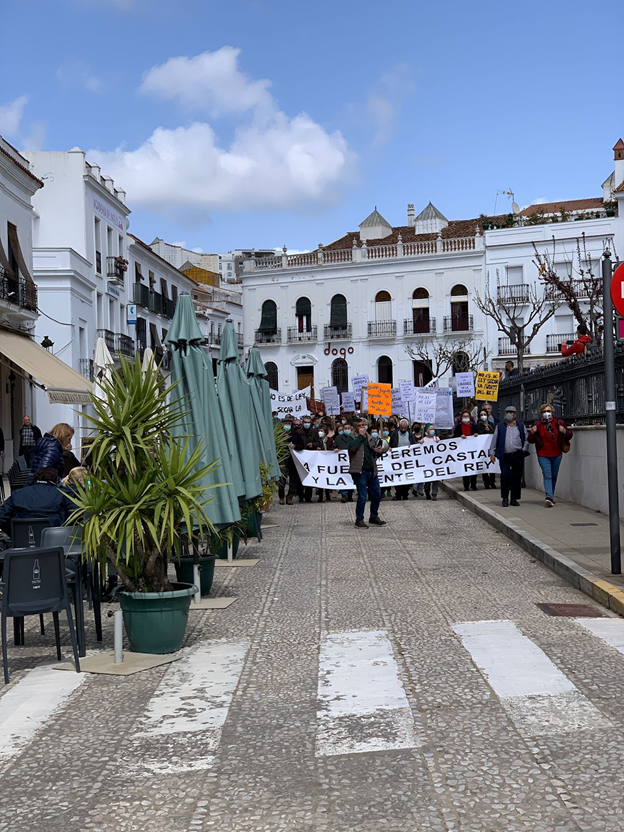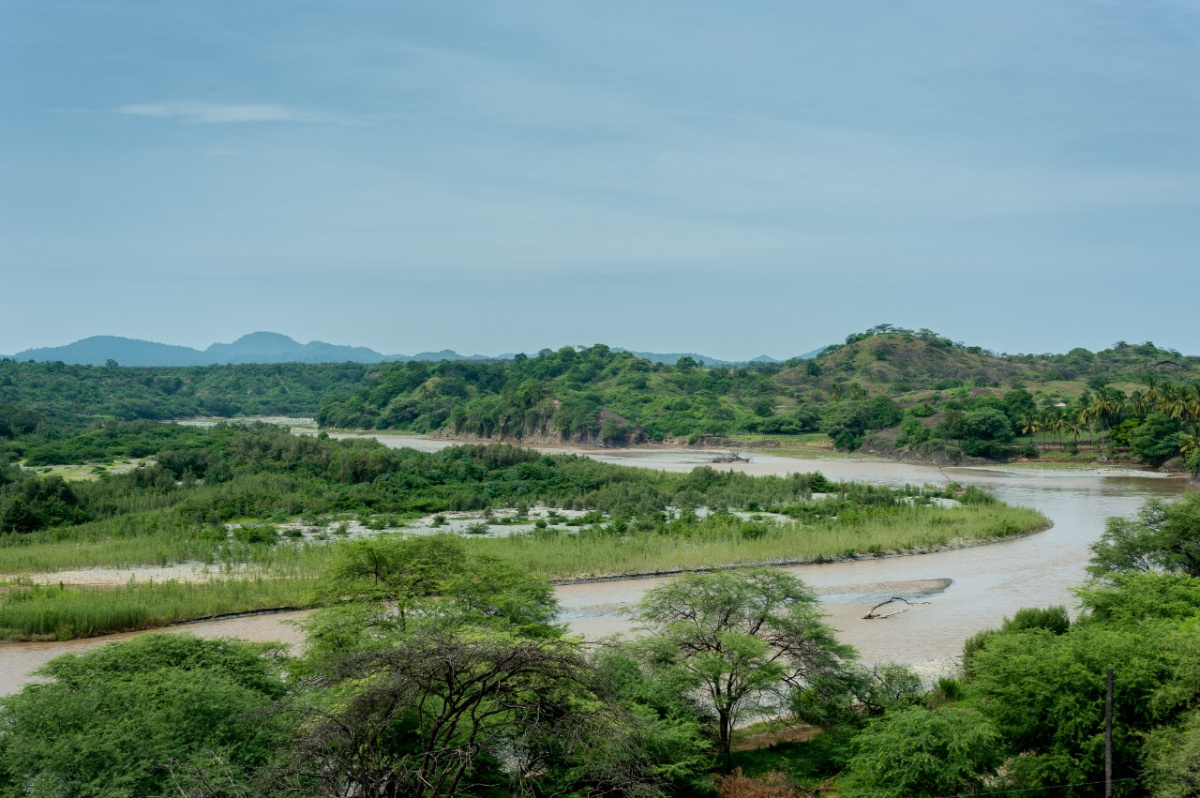New Global Agreement to Address Serious Gaps in Environmental Law
By John E. Scanlon - On 16 October 2020, the Global Initiative to End Wildlife Crime released a groundbreaking briefing paper proposing a new international legal framework to address wildlife crime.

Photo: Pixabay
The proposed “Protocol against the Illicit Trafficking in Specimens of Wild Fauna and Flora” would criminalize the intentional illicit trafficking of specimens of wild fauna and flora. Illicit trafficking in wild fauna and flora is often fueled by corruption, it deprives governments of revenue, has a devastating impact on wildlife, local communities, national economies, national and regional security, and entire ecosystems, including their ability to sequester carbon, and it poses a risk to public and animal health.
To address these threats, the proposed Protocol includes commitments to both prevent and combat these crimes. It would require State Parties to adopt legislation criminalizing the illicit trafficking of any wild animal or plant in violation of an applicable international agreement or any domestic or foreign law. Moreover, State Parties would commit to share information, strengthen educational, social and cultural measures to tackle demand and discourage illicit trafficking in wild fauna and flora.
The protocol would also trigger provisions under the United Nations Convention Against Transnational Organized Crime (UNTOC) including international cooperation, mutual legal assistance, joint investigations, special investigative techniques such as controlled deliveries, and law enforcement cooperation provisions.
As an International Champion for the “End Wildlife Crime” initiative, WCEL recognizes that the Protocol would represent a major step forward in the fight against wildlife crimes.
Earlier this year, WCEL brought attention to the issue of illicit wildlife trafficking in three WCEL Webinars:
- Using Environmental Law Tools to Address Global Pandemics
- A Fresh Look at Global Wildlife Trade Law: Can CITES Help Prevent Pandemics?
- Using Environmental Law Tools Address Global Pandemics in the Americas (ES)
For more information about these and other WCEL Webinars, please visit the WCEL Webinar Series webpage here.
About the Author
 Photo: John Scanlon
Photo: John Scanlon



